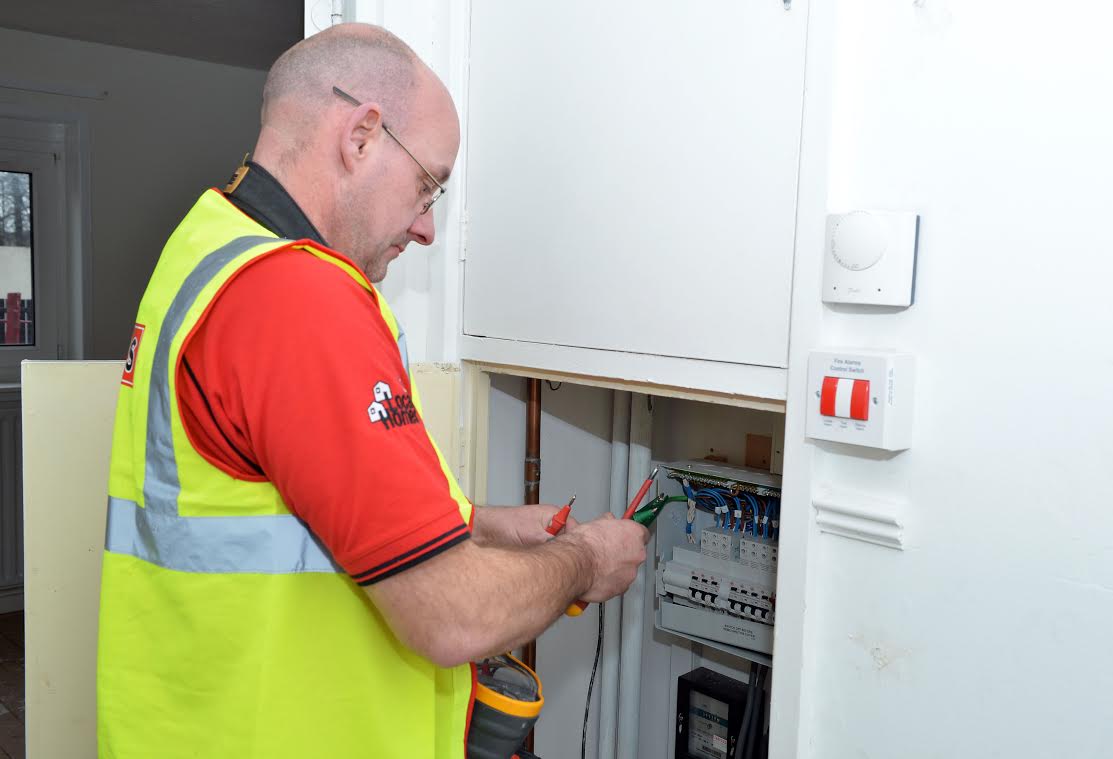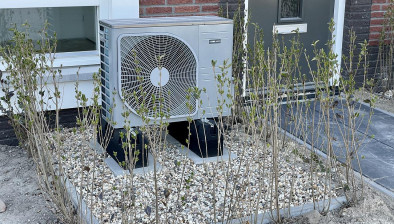Reform of electricity pricing would bring clean heat savings to homes in Scotland

Virtually all homes in Scotland that switched to a heat pump would enjoy lower energy bills if the UK government reforms electricity pricing, according to new research from WWF Scotland and Nesta Scotland.
The two organisations are calling on both the Scottish and UK Governments to introduce key policies to get back on track to meeting climate targets. These key policies include for the UK Government to introduce electricity pricing changes that would make cleaner heating more affordable for consumers and for the Scottish Government to proceed with its proposed Heat in Buildings Bill to lay the foundations for industry growth over the next decade.
The analysis by WWF Scotland and Nesta using data from Cambridge Architectural Research, explores energy bills for homes that fit cleaner heating systems such as heat pumps and other low-carbon technologies rather than fossil fuel heating such as oil and gas. It shows that today around 25% of homes in Scotland would see lower energy bills after fitting a heat pump. That’s around 50,000 homes that currently have one installed but would be around 600,000 if all homes in Scotland got one fitted.
The research explores what energy bills could look like in 2028 and the impact of reforms to electricity markets that could be delivered by the UK Government. These reforms include adjusting levies applied to electricity bills and reforming electricity markets to remove the distortion of expensive gas-fired power stations which currently dictate wholesale electricity prices – and expected falls in electricity prices. Based on the recent Scottish Government consultation on a Heat in Buildings Bill, 2028 is also the year that proposals to require some homebuyers to fit heat pumps within a set period after purchasing a home would kick in.
If the UK Government goes ahead with these energy market reforms, virtually all homes (95%) fitting a heat pump could see lower energy bills, with an average saving of £566 a year.
In a more cautious scenario, where the UK Government delivers more modest falls to electricity pricing, 85% of homes with a heat pump would see an energy bill saving. This highlights the importance of reforming electricity pricing to reduce household energy bills and meet both Scotland’s and the UK’s climate targets.
The research also looked at the impact of ‘time-of-use’ tariffs that reward consumers for shifting energy use to off-peak periods. In the modelling, homes with a heat pump were warmed a little more during the off-peak period and a little less during the peak [6]. All homes were able to use these tariffs to reduce their energy bills by a further 10% on average.
Fabrice Leveque from WWF Scotland said: “It’s still early days in Scotland’s heat transition but this research shows that with the right policies, heat pumps can be the lower bills option for virtually all homes when regulations requiring the switch to fit them should begin.
“The Scottish Government has failed to meet 9 out of the last 13 annual climate targets. To make up for this, the immediate roll out of policies such as cleaner heating is crucial. That’s why the Heat in Buildings Bill must be introduced no later than the autumn this year to make sure it can regulate for cleaner heating and energy efficiency later this decade.
Robin Parker from Nesta Scotland added: “The UK currently has higher electricity prices than any EU country. Bringing down electricity costs should be a priority for the new UK Government and it is one of the most important things it can do to help enable people in Scotland to switch to clean heating. This research shows that doing so would mean energy bills would fall for virtually everyone who switches to a heat pump.
“Linking heat pumps to home purchases would help drive investment in clean heating and help increase Scotland’s pace on home decarbonisation. The sooner that we have the regulations in place, the longer that homeowners and industry will have to prepare for the changes – which is why the Scottish Government should press forward with introducing the Heat in Buildings Bill in Holyrood.”








